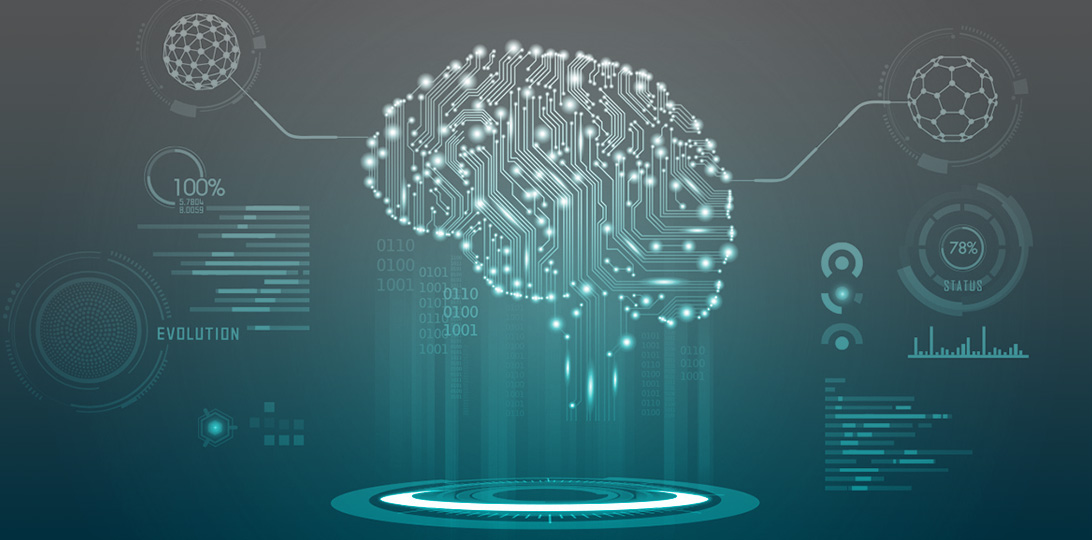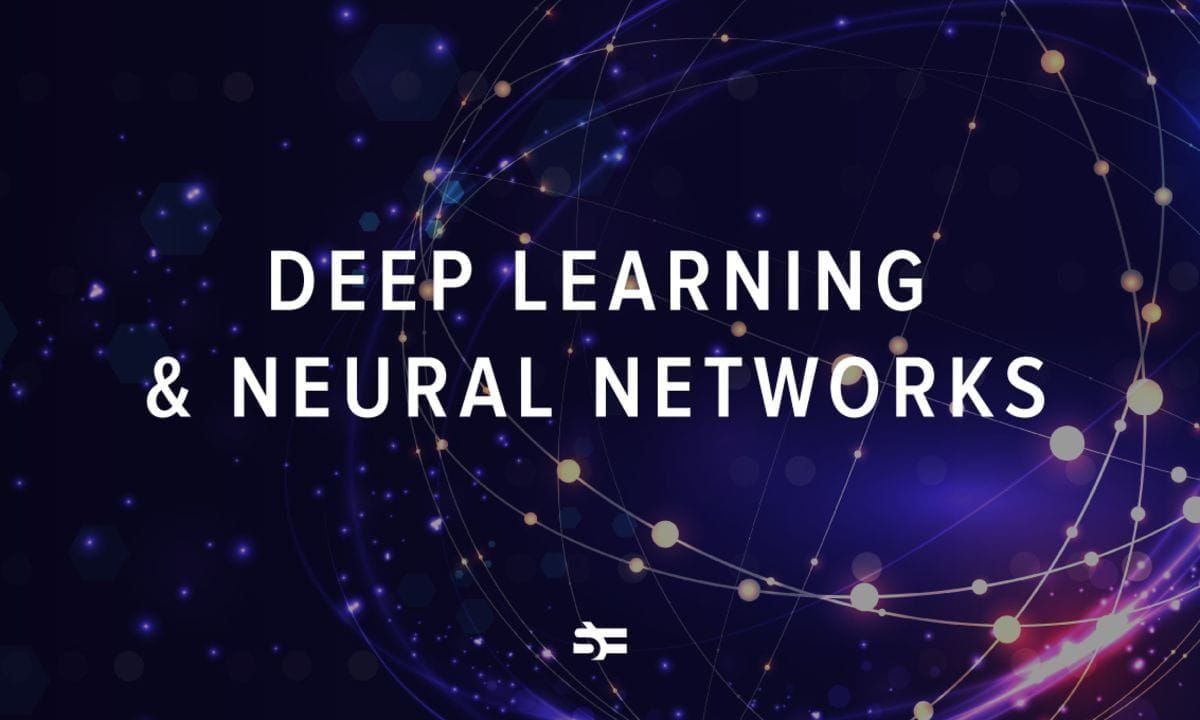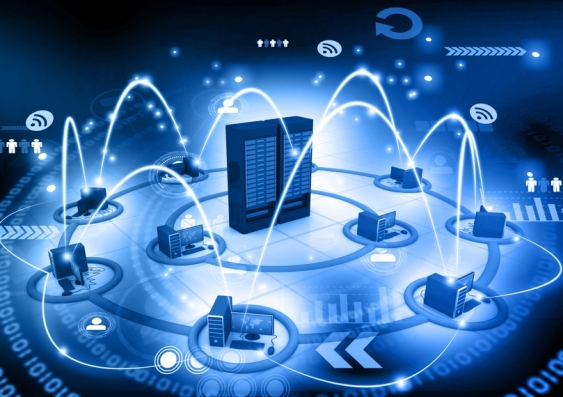Deep learning continues to push the boundaries of what is possible, introducing innovative solutions across various domains. Here’s an exploration of additional emerging trends and future prospects that are shaping the landscape of deep learning.
Deep Learning in Personalized Medicine
- Precision Oncology:
- Genomic Data Analysis: AI models analyze genomic data to identify mutations and genetic markers associated with cancer. This enables the development of personalized treatment plans tailored to individual genetic profiles.
- Drug Discovery: Deep learning accelerates drug discovery by predicting the efficacy of potential cancer treatments and identifying new drug candidates. This speeds up the development of targeted therapies.
- Predictive Healthcare:
- Disease Risk Prediction: AI models predict the risk of developing chronic diseases by analyzing patient data, including medical history and lifestyle factors. This supports early intervention and preventive care.
- Personalized Treatment Plans: Deep learning develops personalized treatment plans based on individual patient data, including response to previous treatments and genetic information. This enhances treatment effectiveness and reduces adverse effects.
Deep Learning in Augmented and Virtual Reality
- Immersive Experiences:
- Real-Time Rendering: AI models enhance real-time rendering in augmented and virtual reality (AR/VR) environments by improving visual fidelity and reducing latency. This creates more immersive and realistic experiences.
- Object Recognition: Deep learning enables AR applications to recognize and interact with real-world objects by analyzing camera feeds. This supports applications in gaming, education, and retail.
- User Interaction:
- Gesture Recognition: AI models interpret user gestures and movements in AR/VR environments, allowing for intuitive and natural interactions. This enhances user engagement and interaction with virtual environments.
- Natural Language Processing: Deep learning enables natural language interactions in AR/VR applications, allowing users to communicate with virtual agents and access information through voice commands.
Deep Learning in Agriculture and Environmental Sustainability
- Precision Farming:
- Yield Prediction: AI models predict crop yields by analyzing data from sensors, weather forecasts, and historical records. This helps farmers optimize planting strategies and manage resources efficiently.
- Pest and Disease Management: Deep learning identifies and monitors pests and diseases by analyzing images from drones and sensors. This enables targeted treatment and reduces the use of pesticides.
- Sustainable Practices:
- Resource Optimization: AI models optimize the use of water, fertilizers, and other resources in agriculture by analyzing data on soil conditions, weather, and crop needs. This supports sustainable farming practices.
- Climate Adaptation: Deep learning assists in developing climate adaptation strategies for agriculture by analyzing climate data and predicting the impact of climate change on crop production.
Deep Learning in Advanced Manufacturing
- Predictive Maintenance:
- Equipment Monitoring: AI models monitor equipment health by analyzing sensor data and detecting anomalies. This enables predictive maintenance, reducing downtime and extending the lifespan of machinery.
- Failure Prediction: Deep learning predicts potential equipment failures by analyzing historical maintenance records and operational data. This supports proactive maintenance and reduces operational disruptions.
- Quality Control:
- Defect Detection: AI models identify defects in manufactured products by analyzing images from quality control systems. This improves product quality and reduces the rate of defective items.
- Process Optimization: Deep learning optimizes manufacturing processes by analyzing data on production parameters and performance. This enhances efficiency and reduces production costs.
Deep Learning in Education and Training
- Adaptive Learning:
- Personalized Learning Paths: AI models create personalized learning paths by analyzing student performance and learning styles. This supports customized educational experiences and improves learning outcomes.
- Intelligent Tutoring Systems: Deep learning powers intelligent tutoring systems that provide personalized feedback and guidance to students. This enhances the learning experience and supports skill development.
- Skill Development:
- Simulations and Training: AI models create realistic simulations for training purposes, such as flight simulators and medical training. This provides hands-on experience and improves skill acquisition.
- Automated Assessment: Deep learning automates the assessment of student work by analyzing essays, projects, and tests. This provides timely feedback and supports the evaluation process.
Deep Learning in Social Media and Communication
- Content Moderation:
- Automated Filtering: AI models automatically filter and moderate content on social media platforms by detecting harmful or inappropriate material. This improves user experience and maintains community standards.
- Spam Detection: Deep learning detects and blocks spam and malicious content by analyzing patterns and behaviors in social media interactions. This enhances platform security and user engagement.
- Social Insights:
- Trend Analysis: AI models analyze social media data to identify emerging trends, topics, and sentiments. This provides valuable insights for marketing, public relations, and brand management.
- Audience Engagement: Deep learning enhances audience engagement by analyzing user interactions and preferences. This supports personalized content delivery and targeted communication strategies.
Deep Learning in Space Exploration
- Astronomical Data Analysis:
- Galactic Surveys: AI models analyze data from astronomical surveys to study the structure and evolution of galaxies. This supports research in cosmology and astrophysics.
- Exoplanet Detection: Deep learning enhances the detection of exoplanets by analyzing light curves and astronomical data. This contributes to the search for habitable planets and the study of planetary systems.
- Space Mission Operations:
- Mission Planning: AI models assist in planning space missions by analyzing data on celestial bodies, spacecraft trajectories, and mission parameters. This supports efficient and successful space exploration.
- Autonomous Systems: Deep learning powers autonomous systems for space exploration, such as robotic spacecraft and rovers. This enables complex tasks, such as planetary surface exploration and data collection.
Deep Learning in Ethics and Fairness
- Bias Detection and Mitigation:
- Algorithmic Fairness: Research focuses on detecting and mitigating biases in AI algorithms to ensure fairness and equity. This includes developing techniques to identify and address discriminatory patterns in data and predictions.
- Transparency and Accountability: Deep learning efforts aim to improve the transparency and accountability of AI systems by providing clear explanations of model decisions and outcomes.
- Ethical AI Development:
- Ethical Guidelines: The development of ethical guidelines and frameworks supports responsible AI development and deployment. This includes addressing issues related to privacy, consent, and societal impact.
- Inclusive Design: Deep learning research promotes inclusive design practices that consider diverse perspectives and needs. This ensures that AI systems are accessible and beneficial to all users.
Conclusion
Deep learning continues to evolve, driving innovation and transforming various sectors. As new applications emerge and technology advances, deep learning will play an increasingly important role in addressing complex challenges and creating new opportunities.
By staying informed about emerging trends, addressing ethical considerations, and fostering research and development, we can harness the full potential of deep learning to benefit society and drive positive change.


